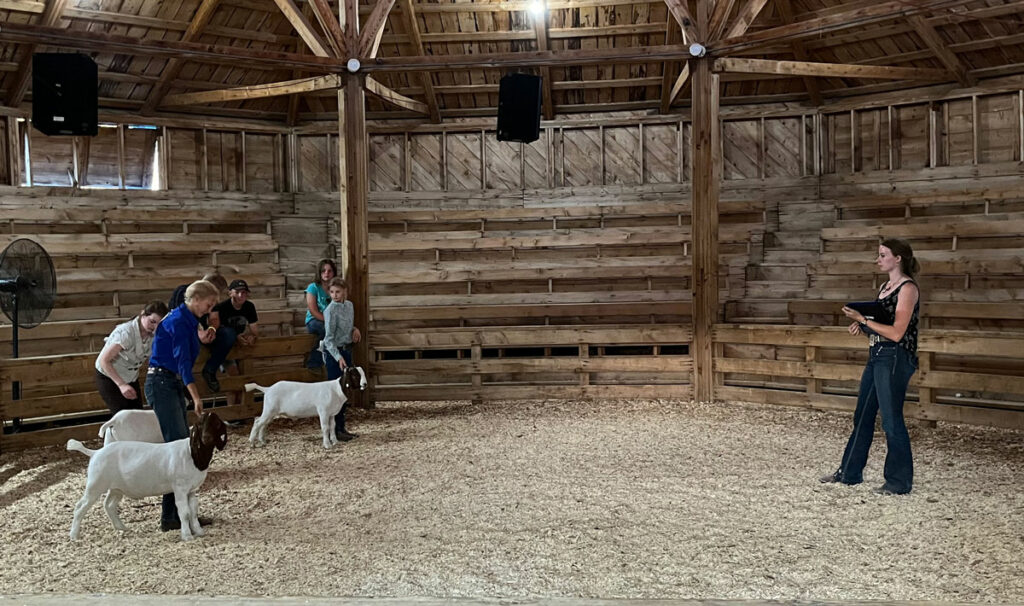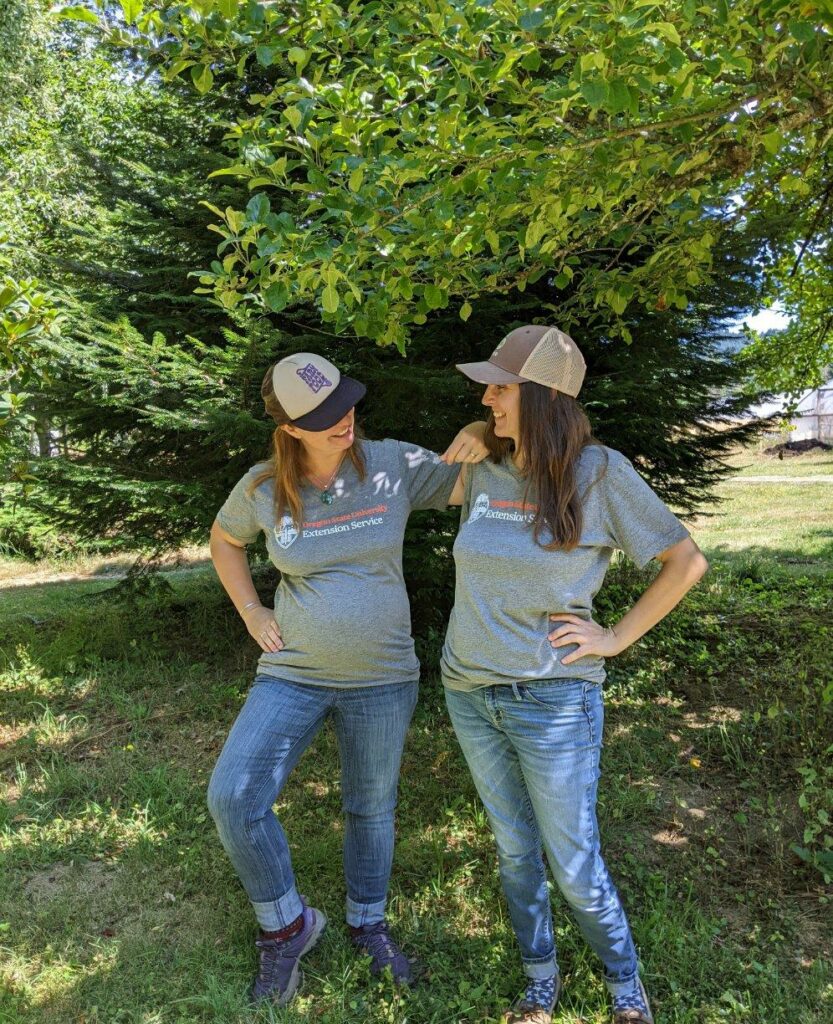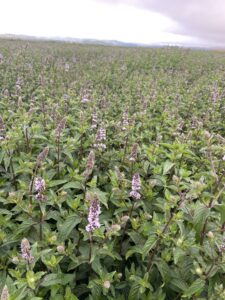
Photo credit: Aayusha Subedi
Hello, I am Jasmin Lama, OSU Extension Service’s intern this summer in Jackson County. I am an upcoming junior in high school, and this experience is surreal, especially being able to work in the plant pathology lab in the OSU Southern Oregon Research and Extension Center in Central Point. I will be working alongside another intern, Aayusha Subedi; our supervisor Achala KC; and OSU graduate research assistant, Anupa Gaire. I’m very enthusiastic about this internship as this area of science is something I’ve always been interested in.
This summer, I’ll be working and assisting on three projects. My main project is disease diagnosis on pears, where we collected samples of dead, live and intermediate pear trees and plated them to observe what caused the pear trees to die. Towards the end of the internship, we are to complete a lab report on this project. Last week, I participated in a Pear Field Day where we went throughout the county and learned about other researchers and their processes. For example, our center expanded on the research that fire blight causes to pear trees and the process of treating it other than antibiotics. We even got the opportunity to visit Tree Top’s factory! It was incredible to see the processing of fruit.

Photo credit: Jasmin Lama.
The second project is grapevine red blotch virus (GRBV) detection in which we will be processing grapevine samples to assist with GRBV detection using molecular tools such as DNA extraction and polymerase chain reaction (PCR). The third project is hemp management in which we will be assisting a neighboring hemp farmer. There are five treatments we are testing over 45 plants in one field and 60 plants in another. We will also be assisting Anupa Gaire on her grapevine trunk disease management research. Up to this point, we have collected samples from two different fields. On July 7, we traveled to the Woodhall Vineyard located outside of Corvallis and collected 176 samples that were treated with different fungicides to test the efficacy of products to manage the disease.
I am so excited to see what I will learn more throughout this internship and continue my projects. Even though it has only been a few weeks, I have learned so much already and I’m thrilled to see what the next month brings!












